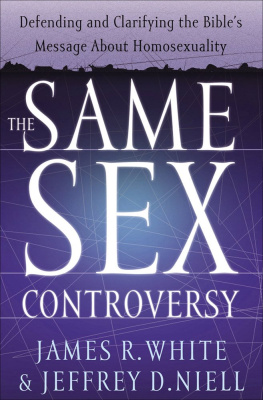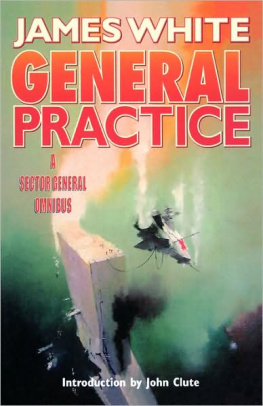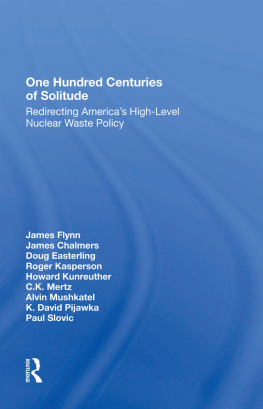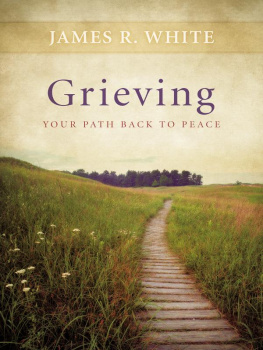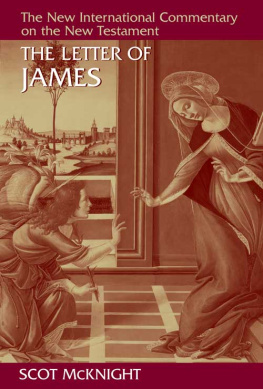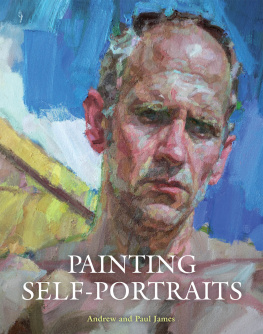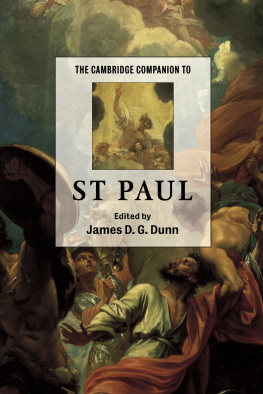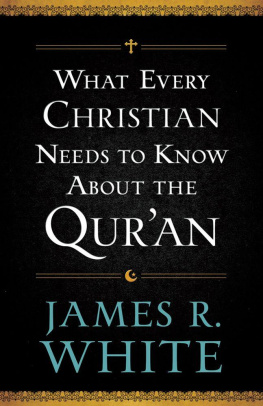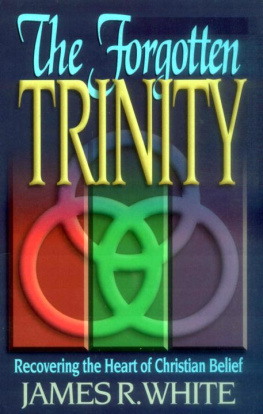James White - The Eighteen Christian Centuries
Here you can read online James White - The Eighteen Christian Centuries full text of the book (entire story) in english for free. Download pdf and epub, get meaning, cover and reviews about this ebook. year: 2019, publisher: Good Press, genre: Detective and thriller. Description of the work, (preface) as well as reviews are available. Best literature library LitArk.com created for fans of good reading and offers a wide selection of genres:
Romance novel
Science fiction
Adventure
Detective
Science
History
Home and family
Prose
Art
Politics
Computer
Non-fiction
Religion
Business
Children
Humor
Choose a favorite category and find really read worthwhile books. Enjoy immersion in the world of imagination, feel the emotions of the characters or learn something new for yourself, make an fascinating discovery.

- Book:The Eighteen Christian Centuries
- Author:
- Publisher:Good Press
- Genre:
- Year:2019
- Rating:4 / 5
- Favourites:Add to favourites
- Your mark:
- 80
- 1
- 2
- 3
- 4
- 5
The Eighteen Christian Centuries: summary, description and annotation
We offer to read an annotation, description, summary or preface (depends on what the author of the book "The Eighteen Christian Centuries" wrote himself). If you haven't found the necessary information about the book — write in the comments, we will try to find it.
The Eighteen Christian Centuries — read online for free the complete book (whole text) full work
Below is the text of the book, divided by pages. System saving the place of the last page read, allows you to conveniently read the book "The Eighteen Christian Centuries" online for free, without having to search again every time where you left off. Put a bookmark, and you can go to the page where you finished reading at any time.
Font size:
Interval:
Bookmark:

Eighteen Christian Centuries .
THE REV. JAMES WHITE,
AUTHOR OF A HISTORY OF FRANCE.
D. APPLETON AND COMPANY,
549 & 551 BROADWAY.
1878.
| PAGE |
| FIRST CENTURY. |
| THE BAD EMPERORS |
| SECOND CENTURY. |
| THE GOOD EMPERORS. |
| THIRD CENTURY. |
| ANARCHY AND CONFUSION GROWTH OF THE CHRISTIAN CHURCH. |
| FOURTH CENTURY. |
| THE REMOVAL TO CONSTANTINOPLE ESTABLISHMENT OF CHRISTIANITY APOSTASY OF JULIAN SETTLEMENT OF THE GOTHS. |
| FIFTH CENTURY. |
| END OF THE ROMAN EMPIRE FORMATION OF MODERN STATES GROWTH OF ECCLESIASTICAL AUTHORITY. |
| SIXTH CENTURY. |
| BELISARIUS AND NARSES IN ITALY SETTLEMENT OF THE LOMBARDS LAWS OF JUSTINIAN BIRTH OF MOHAMMED. |
| SEVENTH CENTURY. |
| POWER OF ROME SUPPORTED BY THE MONKS CONQUESTS OF THE MOHAMMEDANS. |
| EIGHTH CENTURY. |
| TEMPORAL POWER OF THE POPES THE EMPIRE OF CHARLEMAGNE. |
| NINTH CENTURY. |
| DISMEMBERMENT OF CHARLEMAGNES EMPIRE DANISH INVASION OF ENGLAND WEAKNESS OF FRANCE REIGN OF ALFRED. |
| TENTH CENTURY. |
| DARKNESS AND DESPAIR. |
| ELEVENTH CENTURY. |
| THE COMMENCEMENT OF IMPROVEMENT GREGORY THE SEVENTH FIRST CRUSADE. |
| TWELFTH CENTURY. |
| ELEVATION OF LEARNING POWER OF THE CHURCH THOMAS -BECKETT. |
| THIRTEENTH CENTURY. |
| FIRST CRUSADE AGAINST HERETICS THE ALBIGENSES MAGNA CHARTA EDWARD I. |
| FOURTEENTH CENTURY. |
| ABOLITION OF THE ORDER OF THE TEMPLARS RISE OF MODERN LITERATURES SCHISM OF THE CHURCH. |
| FIFTEENTH CENTURY. |
| DECLINE OF FEUDALISM AGINCOURT JOAN OF ARC THE PRINTING-PRESS DISCOVERY OF AMERICA. |
| SIXTEENTH CENTURY. |
| THE REFORMATION THE JESUITS POLICY OF ELIZABETH. |
| SEVENTEENTH CENTURY. |
| ENGLISH REBELLION AND REVOLUTION DESPOTISM OF LOUIS THE FOURTEENTH. |
| EIGHTEENTH CENTURY. |
| INDIA AMERICA FRANCE |
| INDEX |
| Emperors. | ||
| A.D. | ||
| Augustus Csar. | ||
| 14. | Tiberius. | |
| 37. | Caius Caligula. | |
| 41. | Claudius. | |
| 54. | Nero. First Persecution of the Christians. | |
| 68. | Galba. | |
| 69. | Otho. Vitellius Vespasian. | } |
| 79. | Titus. | |
| 81. | Domitian. Second Persecution of the Christians. | |
| 96. | Nerva. | |
| 98. | Trajan. |
EIGHTEEN CHRISTIAN CENTURIES.
Font size:
Interval:
Bookmark:
Similar books «The Eighteen Christian Centuries»
Look at similar books to The Eighteen Christian Centuries. We have selected literature similar in name and meaning in the hope of providing readers with more options to find new, interesting, not yet read works.
Discussion, reviews of the book The Eighteen Christian Centuries and just readers' own opinions. Leave your comments, write what you think about the work, its meaning or the main characters. Specify what exactly you liked and what you didn't like, and why you think so.


